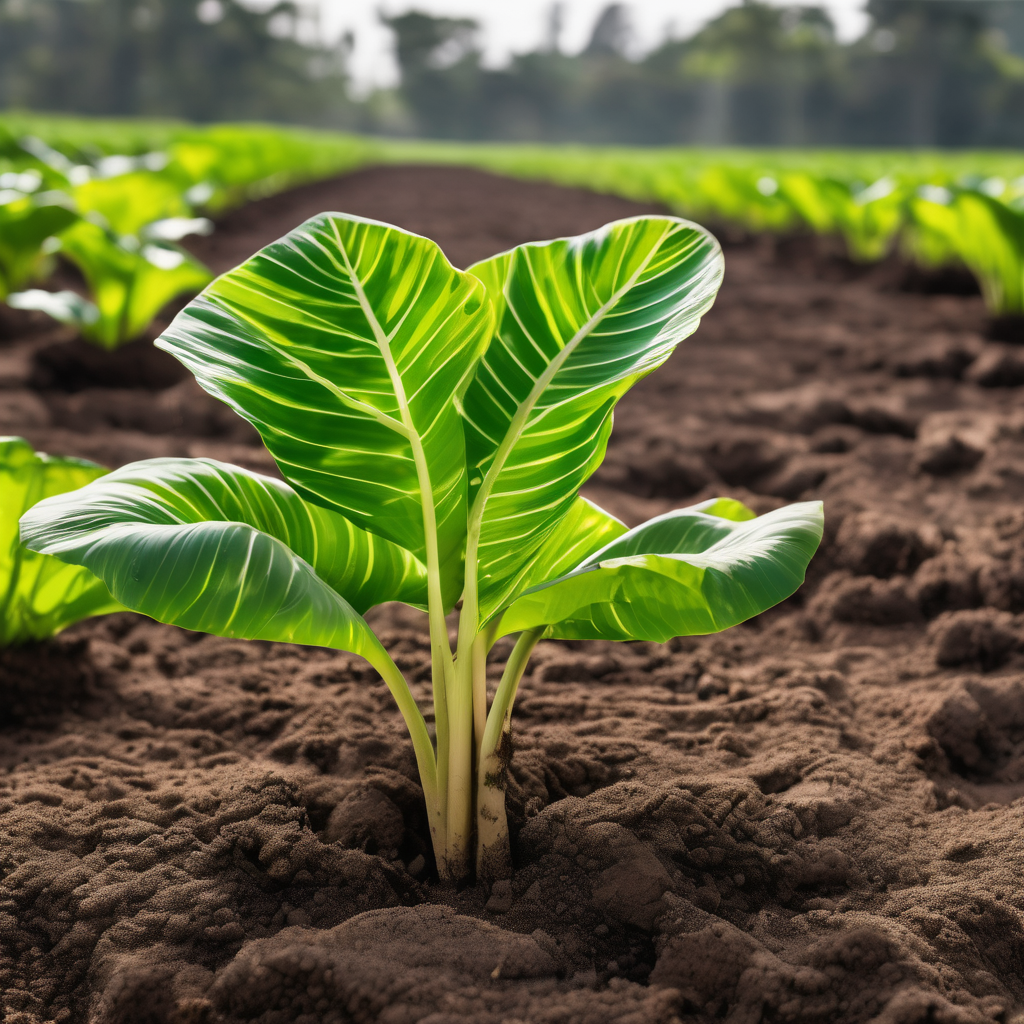Fiji is grappling with considerable challenges related to food security, notably an increasing reliance on imported food coupled with a decline in local farmers. In response to these pressing issues, the Fijian government has introduced a new Policy on Food and Nutrition Security, unveiled during the celebration of World Food Day at Deuba District School.
The event was held under the global theme “Hand in Hand for Better Foods and a Better Future,” aiming to unite community members, students, and educators in promoting healthy eating habits and sustainable agricultural practices. Minister for Agriculture and Waterways, Tomasi Tunabuna, presented the new policy to Minister for Health and Medical Services, Dr. Ratu Atonio Lalabalavu, indicating a renewed governmental commitment to bolster the nation’s food systems.
Dr. Lalabalavu raised alarms about Fiji’s heavy dependency on food imports, emphasizing the necessity for local production to build resilience against potential disruptions in global supply chains. He stressed the importance of cultivating local agriculture by saying, “We are working to manage this by encouraging everyone to grow local and eat local.”
Minister Tunabuna identified the reduction in active farmers as a significant obstacle, noting that farming is often viewed as a “last resort” career. He cautioned that this dwindling number of new farmers poses a threat to the long-term availability of food in Fiji, highlighting the need for a mindset shift with statements such as, “We need more people who see farming as a business, something they can rely on as a source of income.”
Furthermore, he acknowledged the additional complexities presented by climate change and competition from other producers. With many current farmers aging and fewer young individuals drawn to agriculture due to its challenges and associated costs, he underscored the urgent need to train new farmers and implement policies that reflect current realities. “Farming requires commitment, but it’s also one of the most essential sectors for our nation’s survival,” Tunabuna stated.
The newly established Policy on Food and Nutrition Security is designed to increase access to safe, affordable, and nutritious food while addressing the various challenges in production, distribution, and sustainability. This initiative is a response to ongoing discussions by experts about the connection between agriculture and health.
Although efforts are underway to enhance exports, experts assert that it’s crucial to strike a balance with local food production to improve nutritional outcomes for the Fijian population. Collaborative projects, such as the Farm to Fork program, are vital in promoting sustainability, curbing import costs, and supporting local farming initiatives.
Amid these difficulties, there is hope for the future of Fiji’s agricultural sector. By fostering collaboration among government entities, the private sector, and community organizations, the nation can revitalize its food systems and strive toward a healthier, more self-sufficient future. By boosting local food production, Fiji can not only improve nutrition but also cultivate a financially resilient agricultural economy, ultimately benefiting all Fijians.
